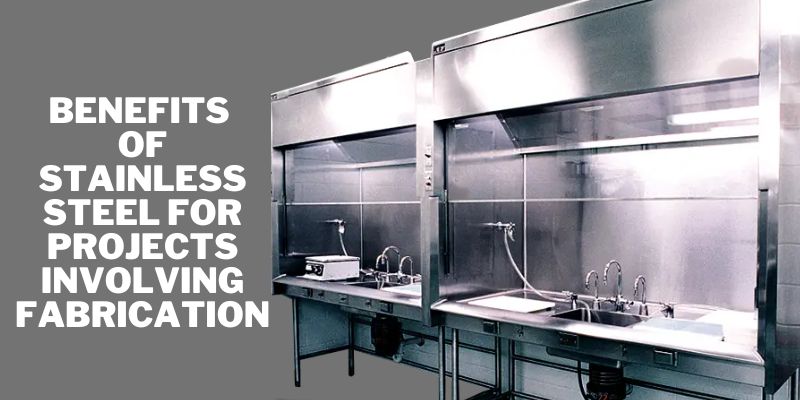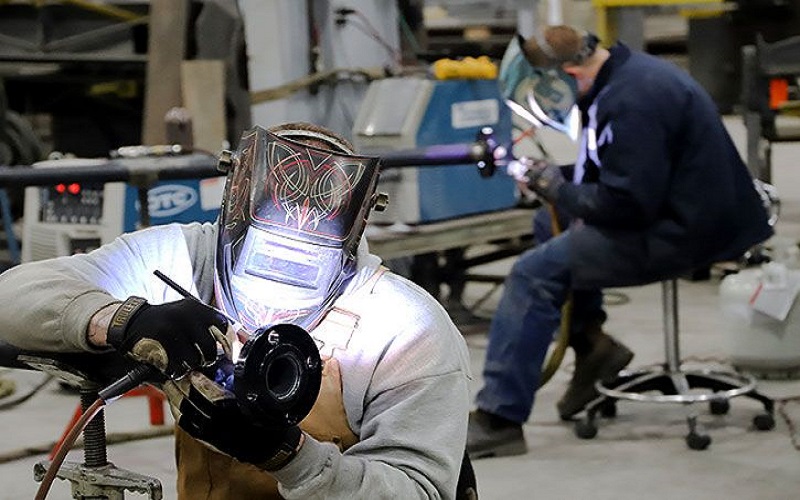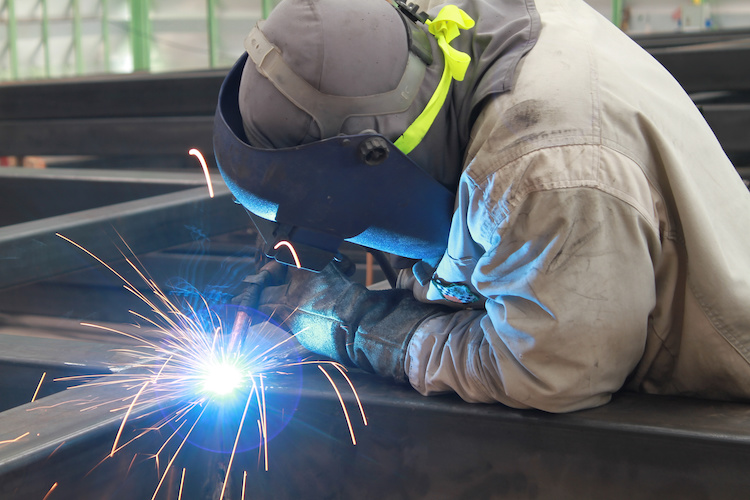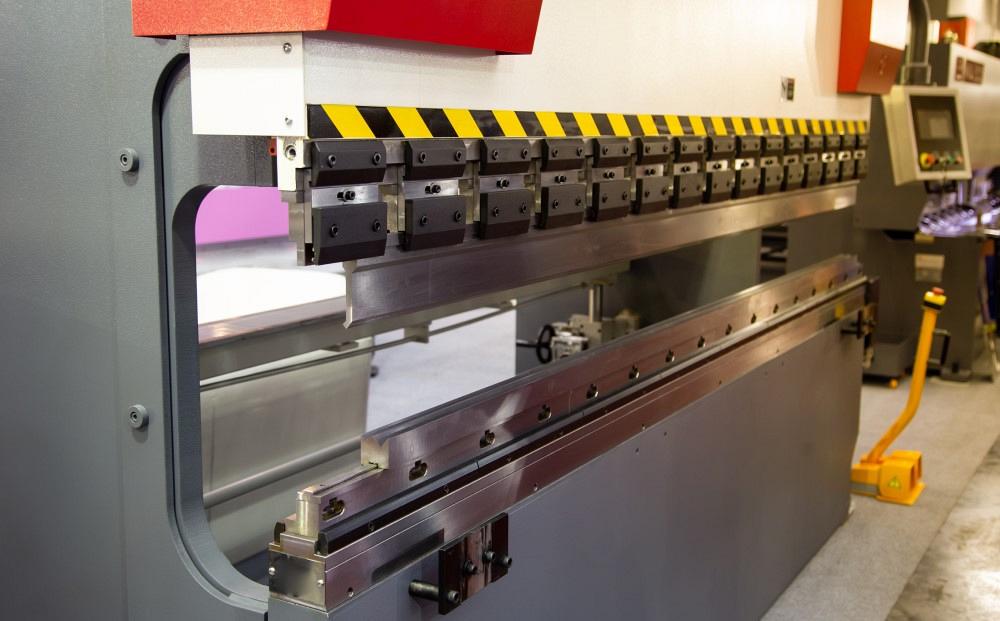The metallurgical sciences have revolutionised due to the widespread use of stainless steel. The most effective winning metal in history is stainless steel. A wide range of manufacturing equipment, from culinary sciences, and healthcare to construction, have improved. To select a highly durable form of steel, you can go to the closest Bharat steel suppliers in Chennai.
Over 150 different grades make up the vast family of stainless steel. It is an alloy having a minimum of 10.5 per cent chromium and low carbon content. The addition of chromium produces an inert coating of chromium oxide. Due to the chromite oxide layer, corrosion resistance and flawless finishing predominate. Other alloying elements may also include nickel, molybdenum, titanium, sulphur, and manganese. The terminology for grading is influenced by its chemical makeup. Mechanical qualities were then supported by chemical composition. An alloy is chosen for fabrication tasks based on its physical and mechanical attributes.
Notable advantages of stainless steel for manufacturing
Numerous industries make great use of stainless steel. It offers a variety of qualities like strength, durability, and aesthetic appeal. Its advantages work together in unison.
Proposing Stainless Less Has The Following Advantages:
Able To Withstand Corrosive Media
Being rust-free is the most crucial aspect of stainless steel for extended life. It is a better option because of the facility for preventing corrosion. In various atmospheric conditions, including alkaline, acidic, and chlorinated atmospheres, stainless steel resists corrosion. The ability to resist corrosion is affected by chromium content. High alloyed grades function better with acid, alkali, and chlorinated corrosion media, while low alloyed grades can be used in moist settings and with water.
Simplicity Of Fabrication
Stainless steel is cut, welded, stamped, and tooled during fabrication. The outdated traditional machine could cause issues. Under expert supervision, stainless steel may be quickly and easily manufactured with modern machining and equipment. Precision and comprehensive processing with stainless steel grades in numerous applications create opportunities for fabrication. Reach out to Bharat Steel Suppliers for good quality and affordable steel.
Strength
Strength is a very promising characteristic that accounts for stainless steel’s widespread use in several industries. It has inherent strength at high temperatures and can withstand impacts.
The Ratio Of Strength To Weight
Cold working can strengthen austenitic stainless steel, which has a significant strength-to-weight ratio. In the aircraft industry, stainless steel is preferred due to its high strength-to-weight proportion.
Sustainability And Environmental Friendliness
Stainless steel is naturally sustainable, recyclable, and environmentally beneficial. Old stainless steel trash provides the majority of the manufacture of stainless steel. It is valued and lessens global stress.
Resistance To Temperature
Stainless steel is highly resistant to heat and fire. Robust scalability, temperature and strength are offered by it. Heat exchangers, boilers, the construction of aeroplanes, and the oil industry extensively use stainless steel.
At cryogenic temperatures, stainless steel demonstrates notable strength.
Maintenance And Hygiene
A high level of hygiene is imparted by stainless steel. Its smooth surface makes it simple to clean and maintain and prevents the growth of microorganisms. Appliances for the home, pharmaceutical equipment, and the food processing industries all have a strong preference for stainless steel.
Continual Usage
However, taking quick and easy steps can help stainless steel in the long run. Compared to alternative steel options, manufacturing and fabrication costs appear to be higher. Visit Bharat steel suppliers in Chennai to get stainless steel for your buildings.




